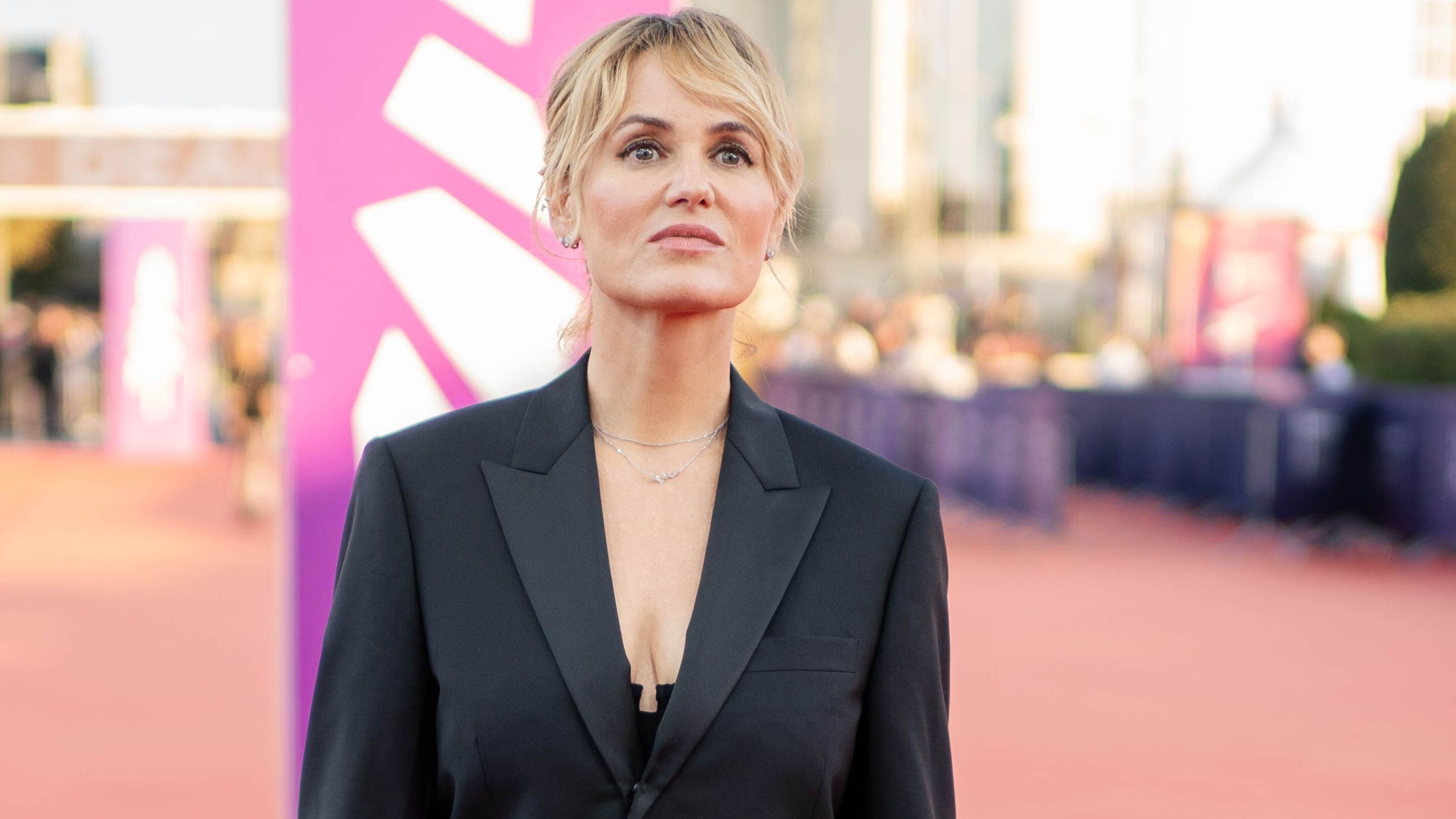“I speak, but I do not listen to you. “Where are you? What are you saying?” asked the actress Judith Godrèche a few months ago, when she reported that she had suffered abuse from the directors Benoît Jacquot and Jacques Doillon when she was a minor, to the audience at the César Awards. With her brave speech, Godrèche confirmed that in the wonderful family of cinema the law of silence continues to reign when four years have passed since the Me Too of French cinema broke out with the help of the interpreter Adèle Haenel. While Haenel has ended up retiring from the profession, disgusted by her lack of support and becoming an outcast, Godrèche is invited to speak; but just enough, without making too much noise. And when on Tuesday, at the opening of the 77th edition of the Cannes Film Festival, nine women accused the powerful producer Alain Sarde of sexually assaulting them in the eighties and nineties, the organizers of the event seemed more concerned about not ruining the party. with this new controversy than to respond to systemic violence that has lasted for too long.
This situation is explained by “the barriers erected by an audiovisual production system”—which includes the CNC (the equivalent of the Spanish Cinematography Institute), the French Cinematheque, the Lumière Institute and the Cannes Festival—“of men eager to maintain their influence” and “protect the sacred power of the authors,” according to Geneviève Sellier, professor emeritus of Film Studies. “The elitist conception of artistic creation, which systematically excludes women” appears clearly in Cannes. The election of the director Greta Gerwig to preside over the jury or the Palmes d’Or awarded to the directors Justine Triet and Julia Ducournau in previous editions are small changes in the façade in a festival that this year only has four women filmmakers in the official selection, compared to 22 male directors, and which has a monolithic and almost exclusively male board of directors – two thirds of its members are men – which rejected in 2021 to become a joint body.
No matter how president of the festival Iris Knobloch is, the one who chooses the films is the general delegate of the contest, Thierry Fremeau, who usually justifies the lack of female directors in the official selection with the pretext that Cannes is only a reflection of the state of cinema in the world. Although it is true that the proportion of women directors is tiny in relation to that of men – in France they are 27% – the explanation given by someone who did not hesitate to open the previous edition with a film starring Johnny Depp is, when less, disappointing and somewhat hypocritical. Because if anyone can loudly and clearly denounce the impunity of men accused of sexual violence and that in the future there will be more films made by women, it is precisely a person with their power.
In reality, France’s delay in the fight against sexual violence is not limited to the world of culture. As the equivalent of the Spanish Court of Accounts pointed out in a report, the policy of equality between men and women established by Emmanuel Macron as a national cause in his two mandates has been limited to “an incessant accumulation of plans without continuity or guidance.” “The distortion between rhetoric and action” of the president, highlighted by the report, was reflected in his public support for Gérard Depardieu, when the sexual assaults committed by the actor on dozens of women were an open secret in the industry – the actor will be tried next October― and they only found support from the extreme right.
Faced with the immobility of power and institutions, coinciding with the opening of the festival, 100 personalities signed a tribune in The world asking the Executive to create a comprehensive law against sexual violence in France and the introduction of the notion of consent. As the president of the Women’s Foundation, Anne-Cécile Mailfert, emphasizes, it is time for France to fill its “abysmal delay” by offering the Me Too movement “a political solution worthy of the courage shown by all the victims.”
Subscribe to continue reading
Read without limits
_

